This op-ed is written out of love and desire for something better.
As a black lesbian, I am often frustrated with the LGBT community as a whole. Like politics, it centers around white men, followed by white women, and people of color seem to be of least concern.
LGBT folks paint "No H8" on their faces but remain silent about systemic racism. Homophobic attacks draw outrage, but little is said about police brutality in communities of color. Black and brown people are part of the LGBT community, but based on where outrage is placed, you'd think we're not.
Whenever there is an incident of police violence against an unarmed black person (example: Tamir Rice), I visit the Facebook profiles of my white gay male friends to see if there is shared outrage. Usually not. If there is a homophobic attack, their pages are filled with posts, articles, and calls for action.
Gay white men have been called out several times for cultural appropriation. Appreciation is great -- although many would say appreciation is making a conscious effort to support and learn about black culture, not just saying you have an "inner black woman" or screaming "Bye, Felicia." The problem isn't that black culture is appreciated. Rather, it's the same problem many have with entertainers like Iggy Azalea and Kylie Jenner: Don't adopt parts of our culture but remain silent on issues that are oppressing the black community.
The lack of outrage also exists among white lesbians, especially feminists. Many post about women's rights and equal pay but ignore black women in the dialogue. The Taylor Swift versus Nicki Minaj Twitter feud is an example. Swift considers herself a feminist, but when Minaj pointed out that black women influence pop culture but are rarely rewarded for it, Swift ignored her. Many on Black Twitter called this the epitome of the feminist movement, saying it pushes people of color to the side, assuming it ever allowed us in.
But I don't want to complain about problems -- I want to solve them. First, I need to understand why. I posted a question on Facebook specifically asking my white LGBT friends why they seemingly ignore issues in the black community. Here are some of the common answers:
- Black people shut them down
- It's not their place
- They can't relate to the issues
- Shame and guilt
One woman who spoke about shame said she belonged to a group of white people who gathered, checked shame at the door, and aired the ugliest things they've ever thought about race. She said:
"You have to be able to confront it, to own that it is part of you -- not by choice, but it's there. And until you name it, recognize it, and own it, only then can you begin the work of untangling it from your thoughts and actions."
To me, that is bravery. Going deep and confronting the good, the bad, and the ugly.
The most-repeated response I received was that black people are unwilling to listen, or they tell white people their points, feelings, or beliefs are not valid. Here's my question to those who feel this way: Are you getting shut down because you are saying something that is factually wrong? Example: the myth of the "black on black" crime epidemic. According to statistics from the federal Bureau of Justice Statistics, most murders are committed against victims of the killer's own race.
If someone is telling you your belief is wrong, you should "listen ... don't become defensive, because then you will leave the conversation just as ignorant as you were coming in," as one commenter explained on Facebook.
And now I turn to black people: Let's stop shutting them down. When your white friends, coworkers, or partners want to talk, listen. Correct them if they are wrong, but allow them into the conversation.
Use it as a sharable moment. It's hard -- I get it. I've gotten defensive and shut down my white girlfriend, which she thankfully called me out on.
There is hope. Here is one of my favorite responses to my Facebook post:
"It took comparing it to my own experiences being gay to change that behavior. I LOVE it when straight people talk about LGBT issues, exactly because they don't 'have' to and it doesn't necessarily affect them directly. ... Once I got to that comparison, I got more comfortable posting/talking about race issues; once I got more comfortable with it, I got more exposed to it; once I got more exposed to it, I cared about it even more."
The LGBT community should be more progressive, but sadly it is not. Racism, sexism, and privilege are often ignored. Hell, in this article, I left out Hispanic people and made it black and white. So let's stop patting ourselves on the back and get real. Marriage equality would not have happened without heterosexual allies. The black community needs allies to end or at least reduce the violent consequences of systemic racism. Can we please stop turning a blind eye and do better?
But how do we do better, you ask? Have the conversations about race, sex, and privilege, despite how hard and uncomfortable they may be. If you need a safe space to unpack yourself, talk to me. You disagree with everything I said? Talk to me. Did I offend you? Talk to me. Tweet me. Write me on Facebook. Let's start the conversation. The more we talk, the stronger and better we can be. Let's change America one conversation at a time.
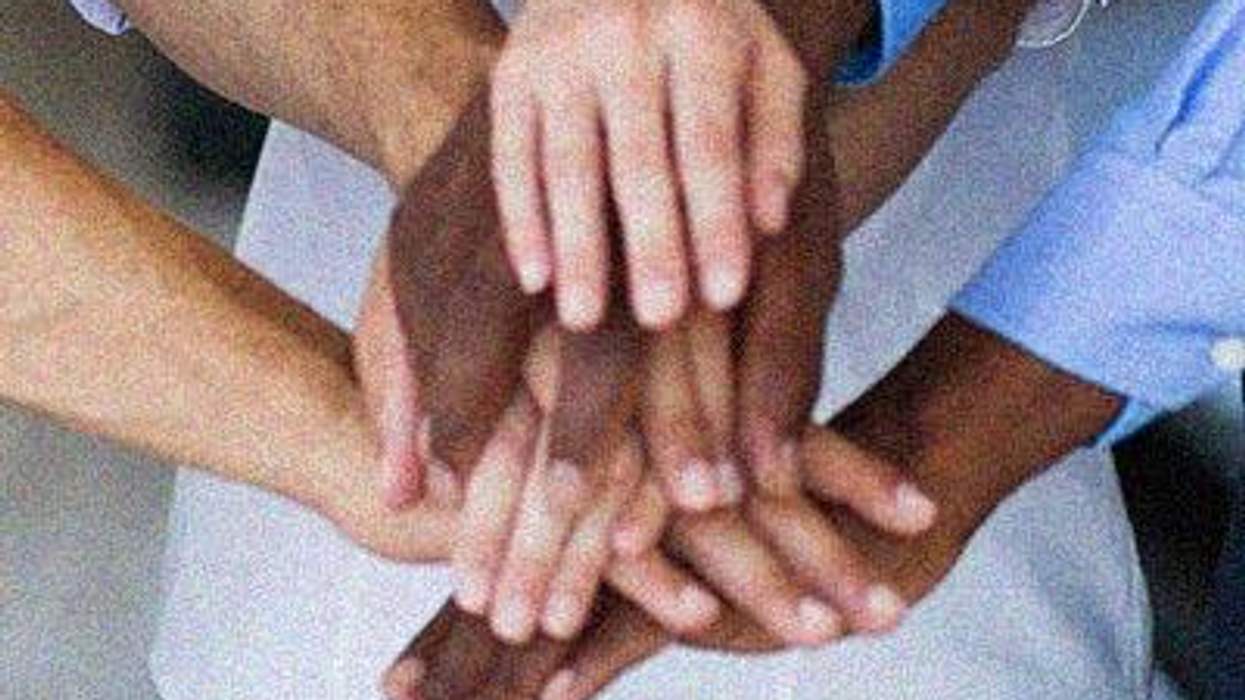









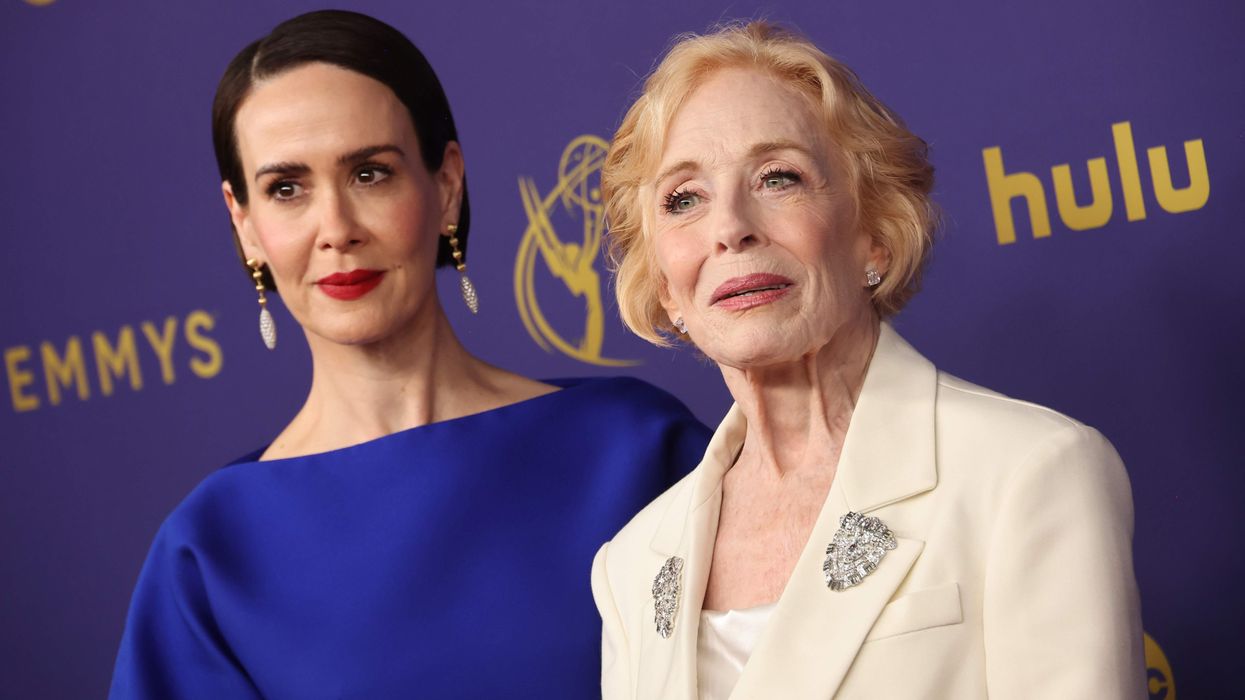

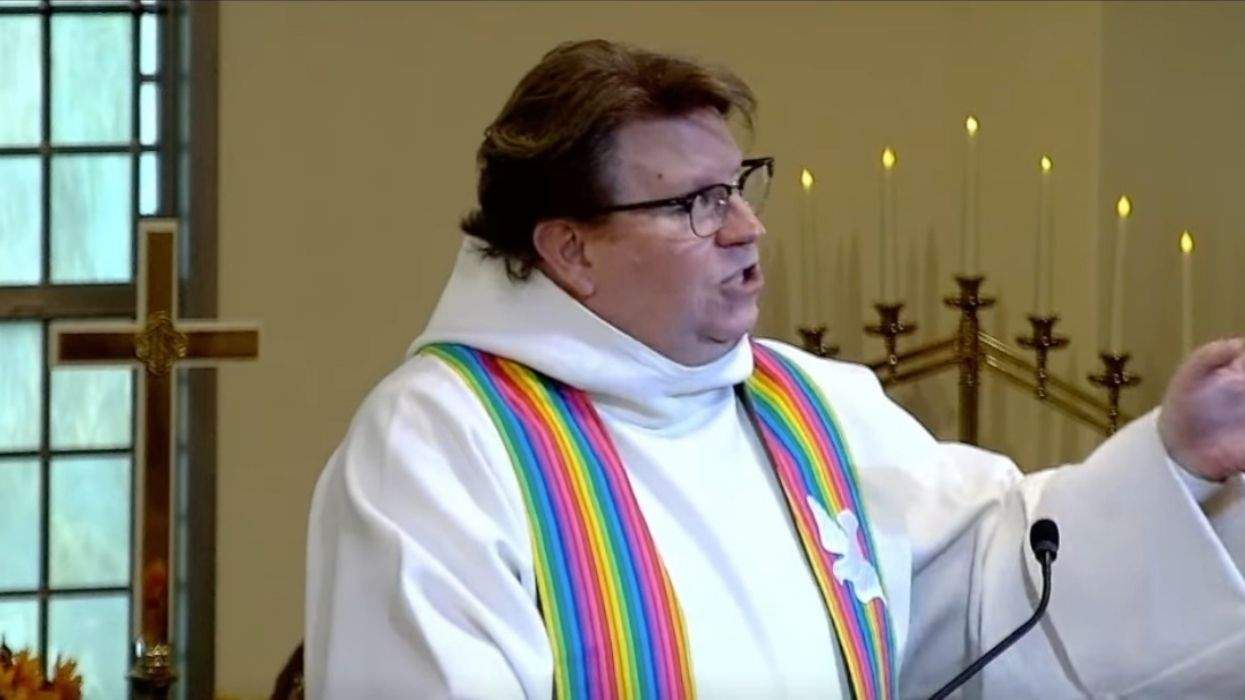


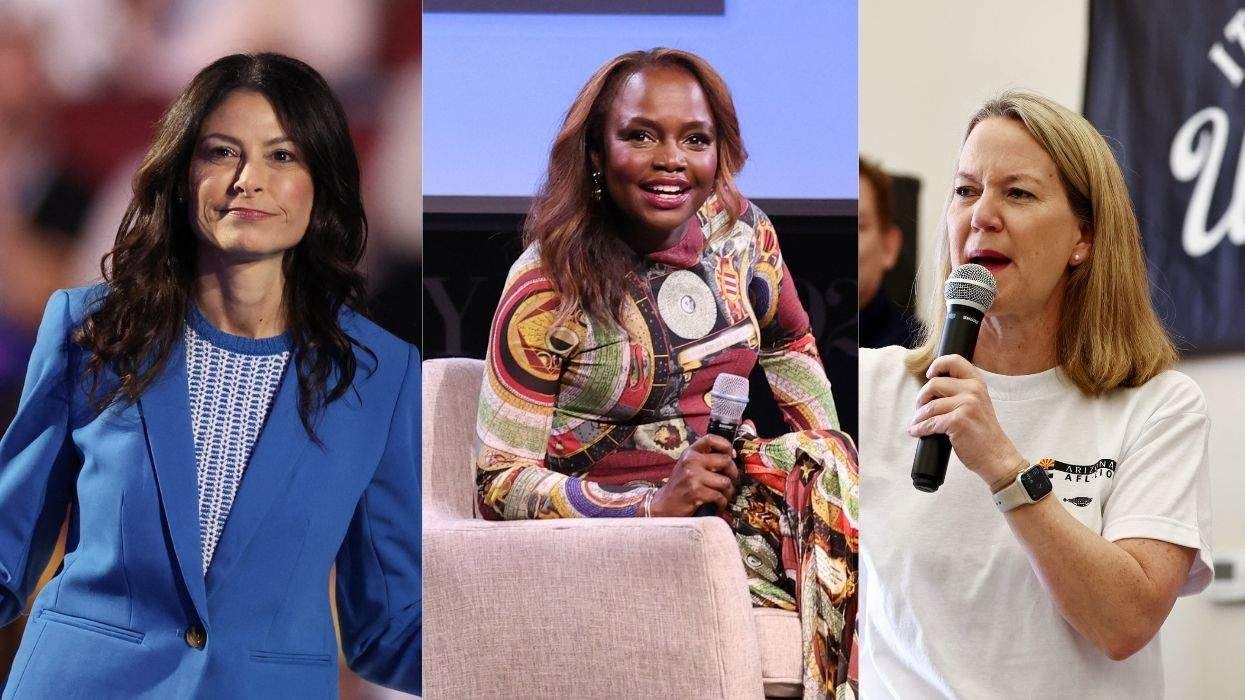



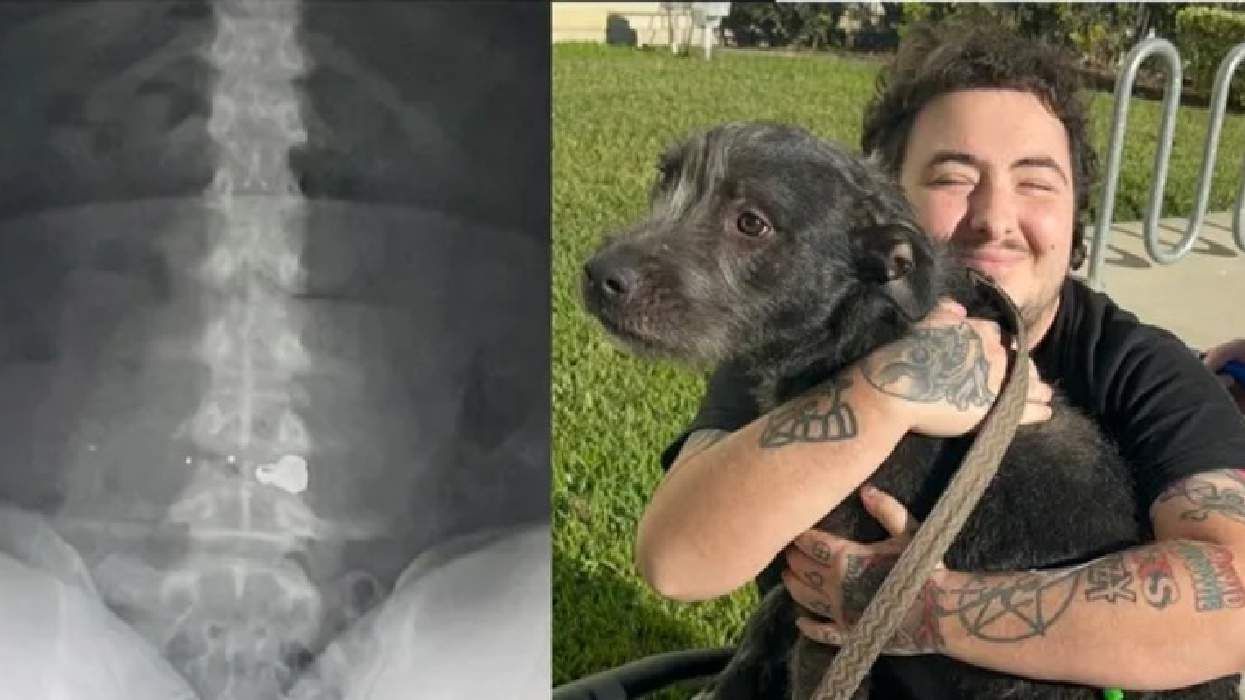
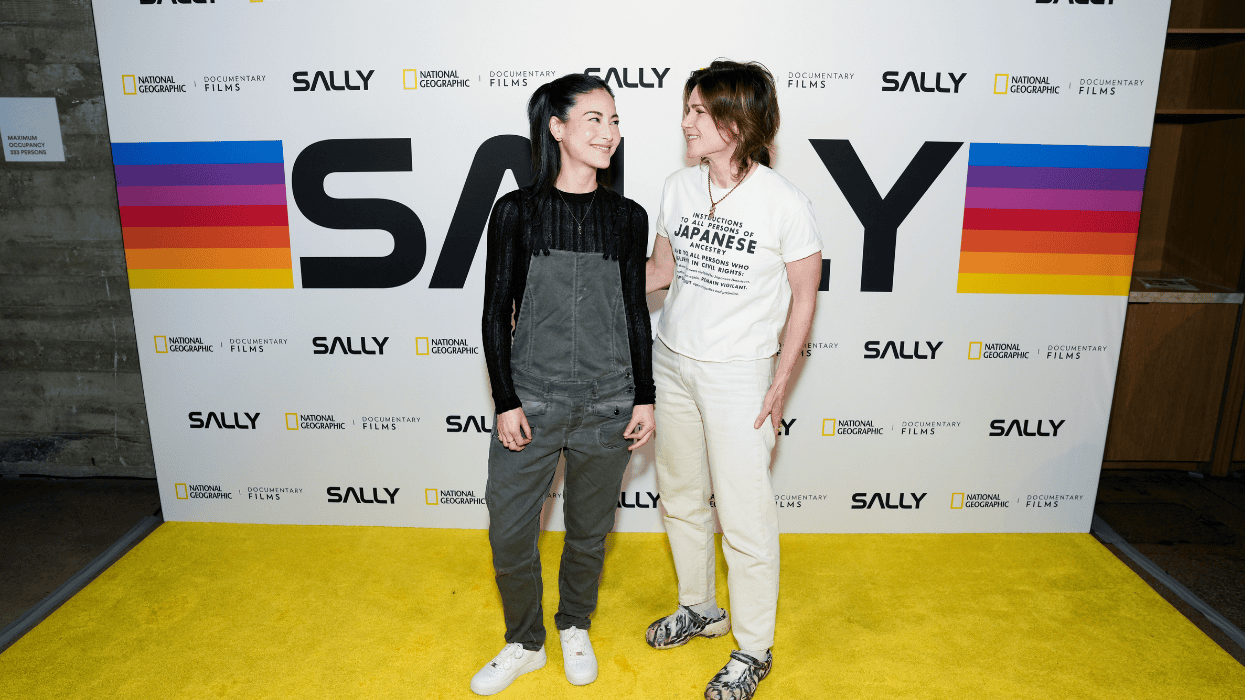
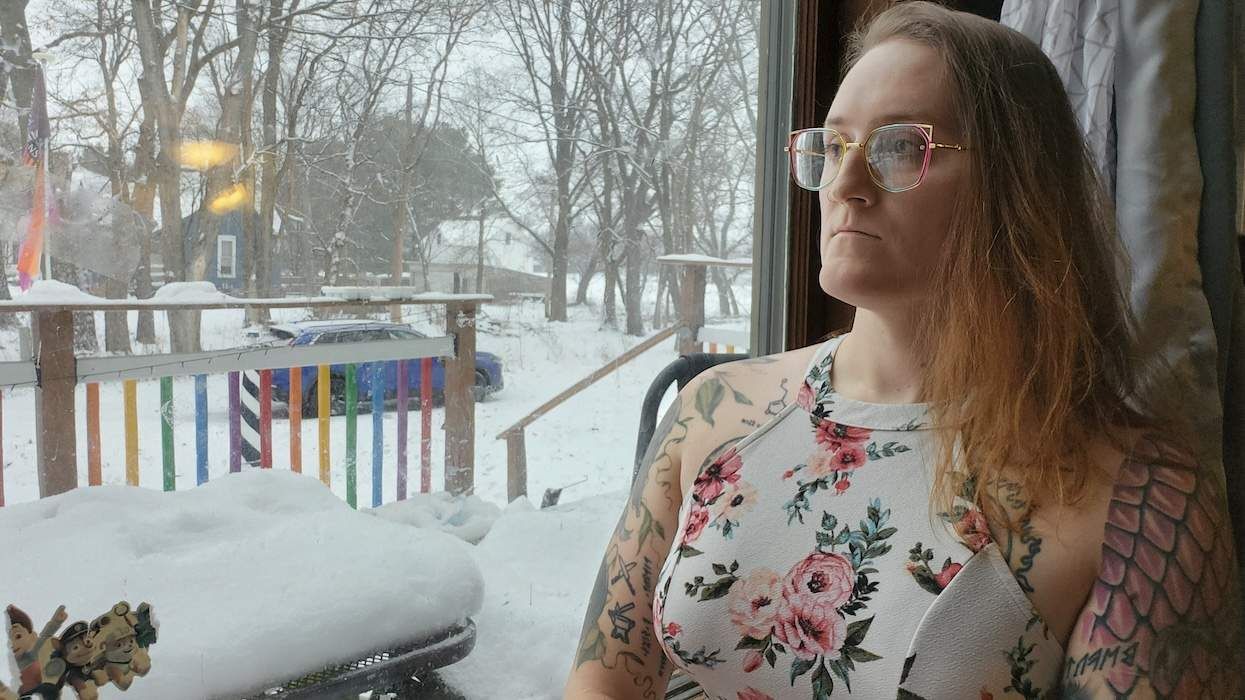

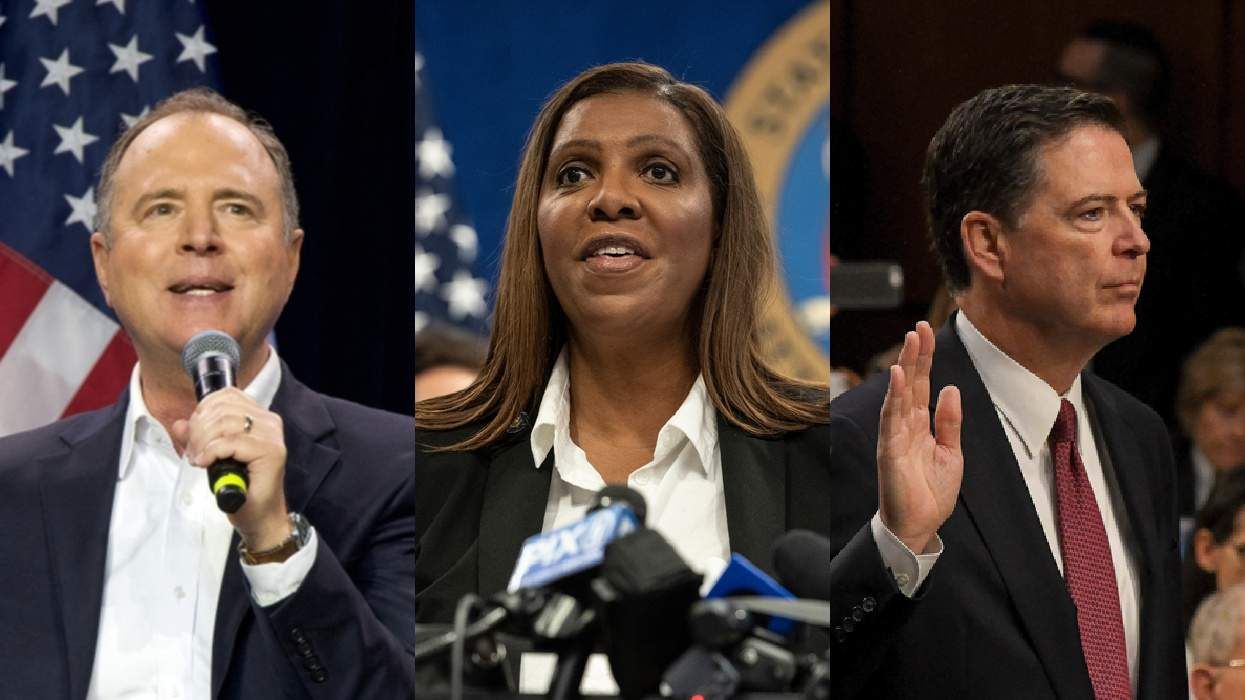

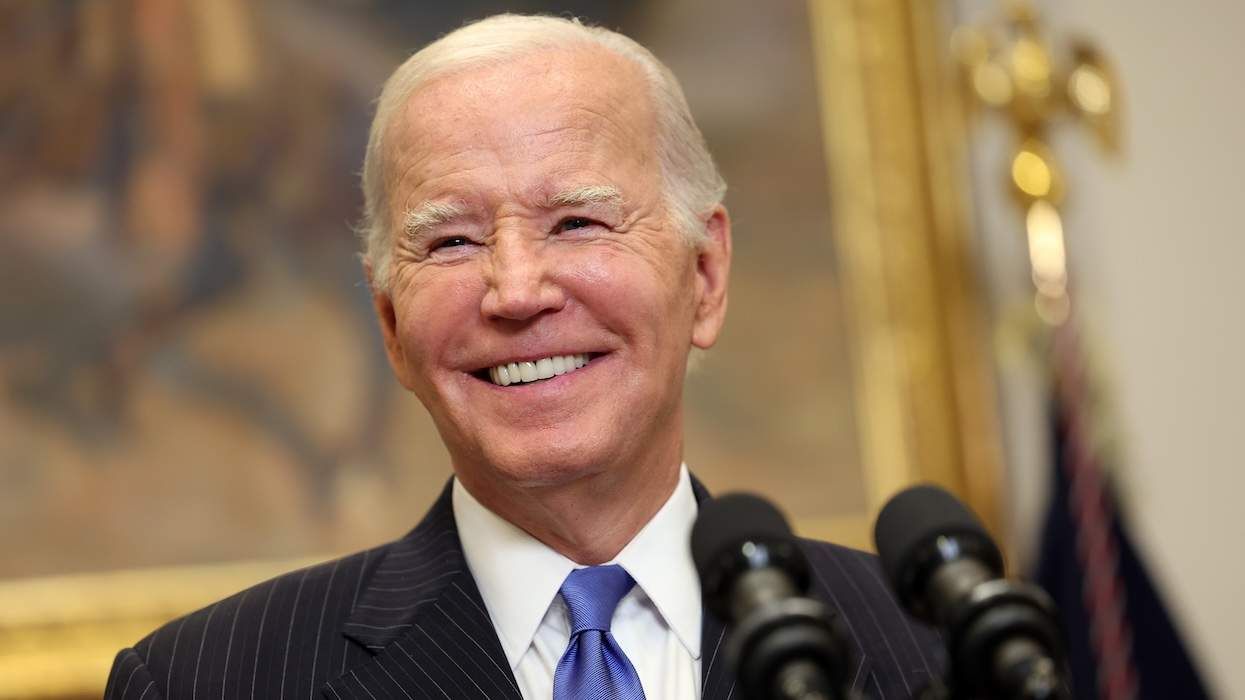
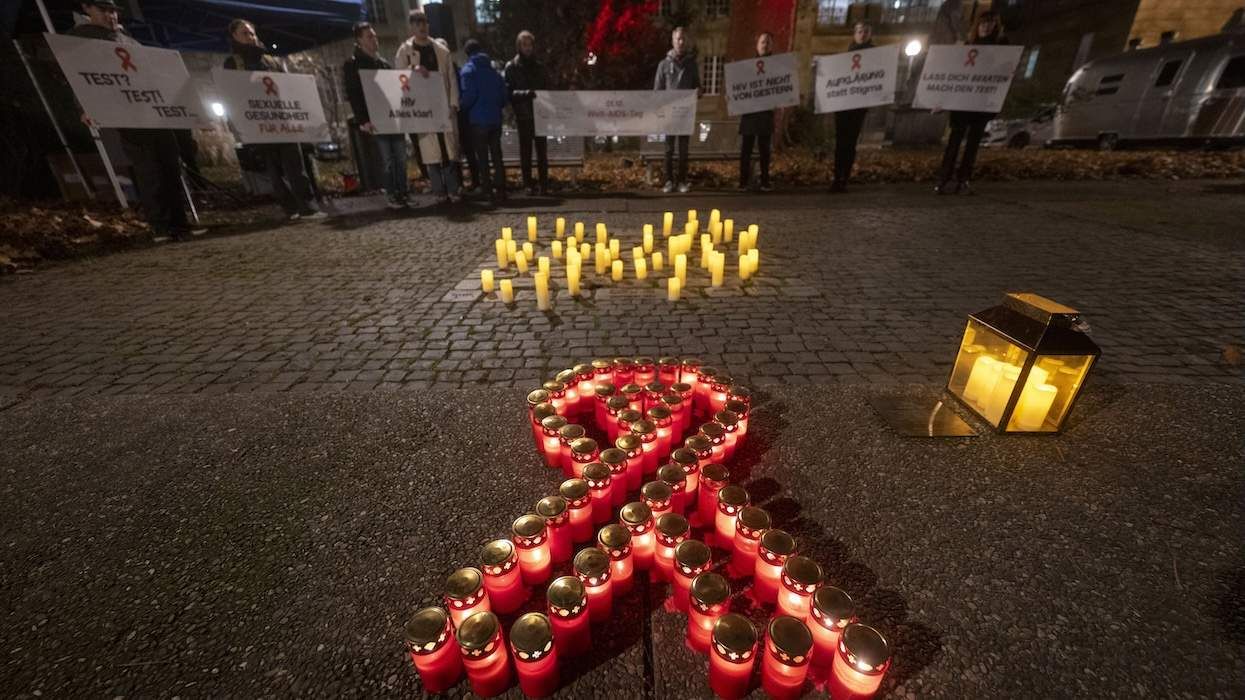
















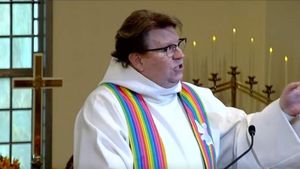









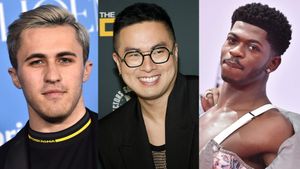

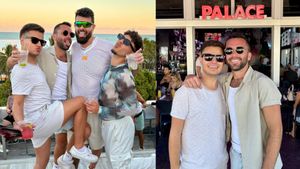


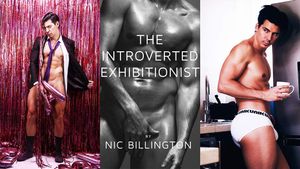
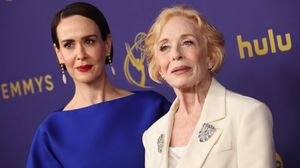
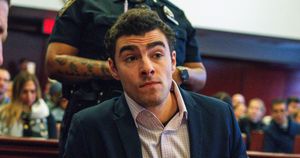

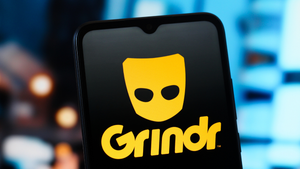





Charlie Kirk DID say stoning gay people was the 'perfect law' — and these other heinous quotes